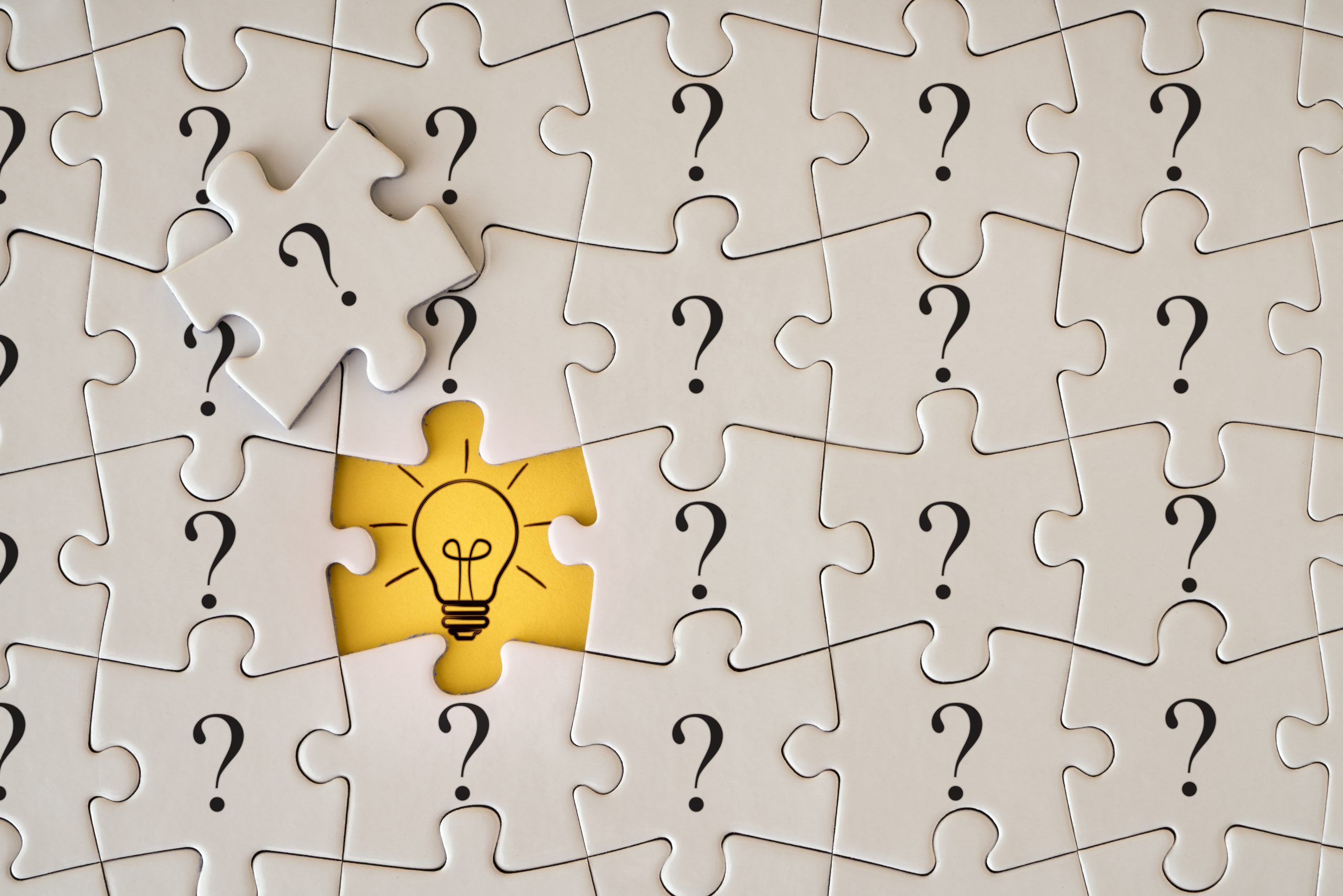Every year, the Novo Nordisk Foundation addresses three major societal and planetary challenges through the Challenge Programme. The 2024 themes are now open for applications with a total budget of DKK 360 million (€48.3 million).
The Challenge Programme gives leading researchers the opportunity to assemble a strong team that can collaborate to develop solutions to three challenges defined by the Novo Nordisk Foundation. Three new themes are announced every year.
The Challenge Programme themes for 2024 are now open for applications.
Efficient and safe approval of bio-based solutions in Europe
Biotechnology provides powerful solutions for accelerating society’s green transition. However, significant regulatory challenges slow down the potential positive impact of bio-based solutions, especially in Europe.
Theme 1 of the Challenge Programme 2024 aims to develop knowledge and tools that support the efficient and safe approval of bio-based solutions in Europe.
“Biotechnology is one of the most important drivers of the sustainable transformation of society in the years ahead. Our European legislation needs to be brought up to speed in this area, and with this Challenge Programme theme we want to create the necessary knowledge and tools to enable efficient and safe approval of bio-based solutions for use in agriculture, food production, or environmental remediation,” says Claus Felby, Senior Vice President, Biotech, Novo Nordisk Foundation.
Uncovering the mechanisms behind insulin resistance
With the use of emerging technologies such as large-scale omics techniques, CRISPR, single-cell sequencing and organoids, the second theme of the Challenge Programme 2024 aims to reinvigorate research on insulin resistance. The aim is to improve our understanding of the mechanisms and molecules regulating insulin sensitivity and the development of insulin resistance.
“People with insulin resistance represent a heterogeneous group with high variation in clinical symptoms and the risk of developing a wide range of diseases and comorbidities. With this Challenge Programme theme, we want to disentangle insulin resistance to get a better understanding of the molecular mechanisms behind it and its associated complications. This may enable early detection and improved treatment strategies tailored to the individual,” says Martin Ridderstråle, Senior Vice President, Medical Science, Novo Nordisk Foundation.
A sustainable and continuous energy supply
Energy production accounts for approximately 75% of the global greenhouse gas emissions today, primarily generated by burning of fossil fuels. Thus, there is a need to identify and develop sustainable and continuous energy production and supply.
Theme 3 of the Challenge Programme 2024 focuses on obtaining fundamental understanding of novel and emerging technologies that can provide a sustainable, continuous, safe, and robust energy production and address technologies for energy storage across relevant timescales.
“Prompted by the societal demand for sustainable and reliable energy production, there is an emerging interest in novel ways to produce energy, for instance through new types of technologies based on nuclear reactions. Despite strong Danish traditions laid by Niels Bohr for understanding nuclear reactions, Danish activities in understanding and exploitation of controlled nuclear reactions have been nearly absent for decades. With this Challenge Programme theme, we want to open a possibility for Danish researchers to obtain knowledge in the novel and emerging technologies related to continuous energy production,” says Lene Oddershede, Senior Vice President, Natural & Technical Sciences, Novo Nordisk Foundation.
The Challenge Programme is the Foundation’s most comprehensive call for applications in open competition with a total budget of total budget of DKK 360 million (€48.3 million) and up to DKK 60 million (€8 million) per project.
Find more information about the Challenge Programme here.
More information about the 2024 Challenge Programme themes
Theme 1: Integrating safety and environmental sustainability impacts of bio-based solutions
The challenge within this theme is to develop reliable, validated tools, methodologies, standards, and approaches that increase knowledge about how to quantitatively measure, predict, and integrate human health and/or environmental safety risks and environmental sustainability effects of bio-based solutions.
Supported research within this theme may include, but is not limited to:
- Development of datasets and parameters for strengthening quantification of biodiversity and soil health to model biocontrol. Development of tools for experimental testing and assessment of future product areas such as AI-predicted peptide biopesticides.
- Development of computational modelling approaches, process simulations, or AI tools such as quantitative structure–activity relationships for predicting safety issues using empirical or open, real-time data, e.g., at landscape level or in a scaled bioreactor.
- Development of methods to harmonise and standardise assessment metrics and interpret results for optimised decision support, e.g., scores for efficacy assessment, or to assess unintended effects on bystander organisms. Approaches for predicting organismal strain behaviour using ‘read-across’ data from approved strain groupings, e.g., of plant biologicals.
- Approaches for investigating the safety and potential health benefits of food processing technologies, novel plant- and microbial-derived foods, and products using NGTs in food.
Theme 2: Disentangling insulin resistance
The challenge within this theme is to improve the understanding of the mechanisms and molecules regulating insulin sensitivity and the development of insulin resistance with a stratified human-centric point of departure, in order to develop candidate therapies targeting insulin resistance.
The theme will have a special focus on disruptive and innovative approaches to tackle the challenge and should include novel state-of-the-art technologies such as the integration of multiple omics data, single-cell sequencing, CRISPR technology or organoids on a chip. Applicants are encouraged to focus on data representing diversity both in relation to gender, ethnicity, and associated conditions.
Supported research may include but is not limited to:
- Identifying novel underlying causal molecular mechanisms of insulin resistance in central and peripheral tissues including but not restricted to muscle, adipose, liver, kidney, brain, and blood vessels.
- Understanding the roles of insulin resistance in the progression of type 2 diabetes, cardiovascular disease, polycystic ovary syndrome, neurodegenerative disorders, or other related co-morbidities.
- Understanding insulin resistance heterogeneity in diverse populations based on genetics, clinical measures, and biomarkers for the development of precision-based or personalized risk assessment and treatment strategies.
Find more information about the Challenge Programme theme Disentangling insulin resistance here.
Theme 3: Novel or emerging technologies for sustainable and continuous energy supply
The challenge within this theme is to advance fundamental knowledge and develop novel or emerging technologies for sustainable and continuous energy supply that complement intermittent energy supply forms, thereby contributing to a decarbonised and secure energy system in the future.
The theme calls for interdisciplinary collaboration between physics, chemistry, engineering, energy planning, modelling, and/or materials science.
Supported research may include, but is not limited to:
- Research on novel or emerging nuclear technologies that may become affordable and address safety and waste concerns as, e.g., small modular reactors, thorium breeder reactors, or molten salt reactors.
- Fundamental research that advances our understanding of fusion power generation.
- The physics and chemistry of molten salts, and their application in energy storage across relevant timescales.
- Development of technologies that address the scope of the challenge.









